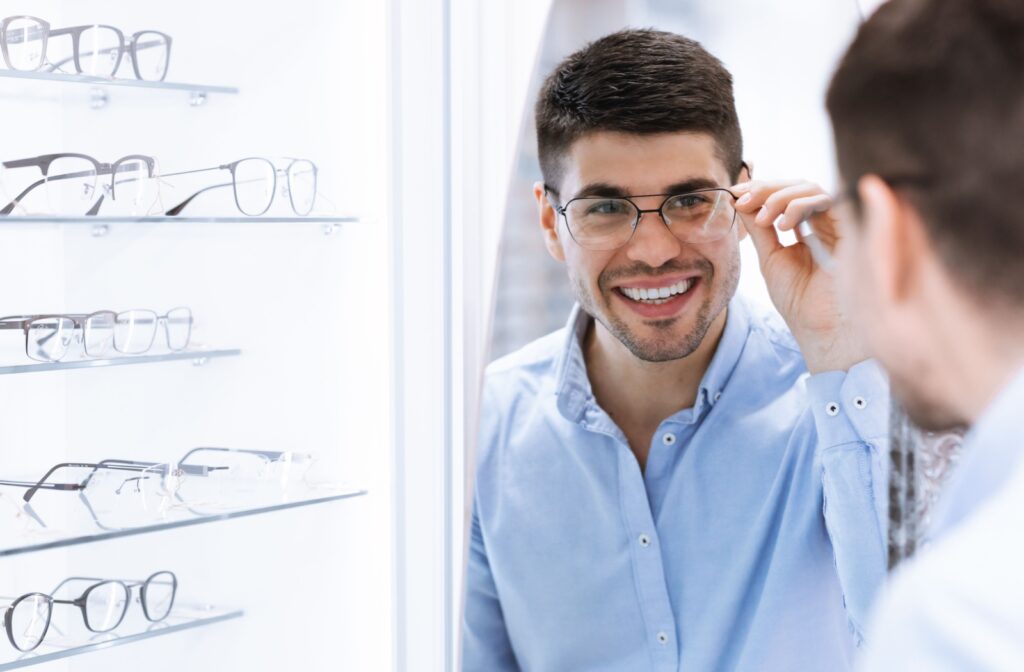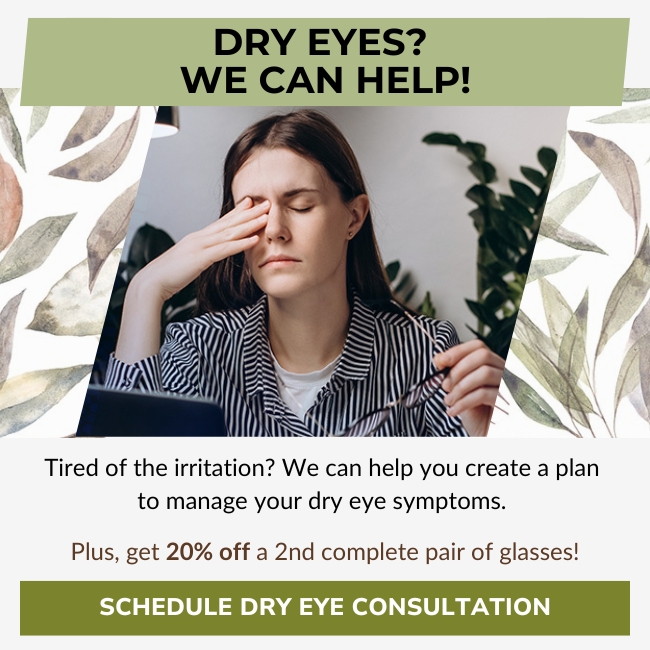For anyone who’s been prescribed glasses, the thought has probably crossed your mind at least once: If I don’t wear my glasses, will my vision get worse? Whether you’re a curious student, a busy parent, or someone who only wears glasses sparingly, this is a question worth exploring.
The short answer? Not wearing your glasses won’t directly make your eyesight worse. However, it can have indirect effects on your daily life, comfort, and how well your eyes adapt to your routine. Let’s take a closer look to understand why.
How Glasses Work
Before we tackle the million-dollar question, it’s important to understand what glasses actually do. Glasses aren’t a cure for vision problems. Instead, they correct refractive errors in your eyes, helping light focus properly on your retina. This makes objects appear sharper and clearer.
Common refractive errors include:
- Myopia (nearsightedness): Difficulty seeing faraway objects.
- Hyperopia (farsightedness): Difficulty seeing close objects clearly.
- Astigmatism: Blurred vision caused by the irregular shape of the cornea or lens.
- Presbyopia: Age-related difficulty focusing on close objects.
What glasses don’t do is alter or improve the underlying structure of your eyes. This means that your glasses simply aid your vision when worn, but they won’t influence your vision’s deterioration or your overall health.
The Myth of Dependency
One common misconception is that wearing glasses makes your eyes “dependent,” worsening your eyesight when you don’t wear them. This is false. Your eyes don’t weaken or lose their ability to see without glasses simply because you wear them often. Instead, glasses are a tool to help your eyes function more comfortably and efficiently.
That said, failing to wear your glasses when you need them can lead to other issues, such as:
- Eye strain: Staring at screens or focusing on objects without the proper correction can overwork your eye muscles.
- Discomfort or fatigue: Compensating for blurry vision often causes headaches and tired eyes.
- Reduced safety: Difficulty seeing clearly can be hazardous while driving or performing activities that require precision.
Vision in Children
For children, skipping glasses can be more detrimental. When a child’s vision isn’t corrected, it can hinder their visual development. This may lead to conditions such as amblyopia (lazy eye) or strabismus (misaligned eyes). That’s why regular eye exams for children are important. At Dr. Chris Schell, we recommend starting eye exams as early as 6 months old.
Why Does Vision Change Over Time?
Even with proper glasses use, vision can degrade over time. This has less to do with wearing or not wearing glasses and more to do with natural changes in the eyes. Factors influencing vision changes include:
- Age: Presbyopia is a common part of aging, often starting in your 40s.
- Genetics: Family history plays a strong role in conditions like myopia or hyperopia.
- Lifestyle: Prolonged screen use, poor lighting, and lack of outdoor activities may strain your eyes.
- Health conditions: Diabetes, high blood pressure, and other systemic conditions can affect eye health.
The Benefits of Wearing Your Glasses
While not wearing your glasses won’t make your vision deteriorate further, consistently wearing them can improve your quality of life:
- Visual comfort: Say goodbye to squinting and headaches.
- Improved performance: Whether you’re reading, driving, or working on a computer, glasses help you perform tasks more efficiently.
- Eye health monitoring: Regular wear helps your optometrist gauge how your prescription and eye health are progressing.

What About Contact Lenses?
If glasses aren’t your thing, contact lenses are an excellent alternative. They offer a wider field of view and better compatibility with physical activities, making them ideal for many people.
Contact lenses function in a similar way to glasses in that failing to wear them won’t make your vision worse. Contacts do, however, require special care and handling since they come into direct contact with your eyes.
At Dr. Chris Schell, we provide comprehensive contact lens fitting and care. Whether you’re new to lenses or need a prescription update, we’ve got you covered.
Tips for Maintaining Healthy Vision
Here are some practices you can adopt to help keep your eyes in tip-top shape:
- Schedule regular eye exams: Adults should typically visit their optometrist every year. Children may need more frequent check-ups during key developmental stages.
- Follow your prescription: Update your glasses or contact lenses as your prescription changes.
- Take screen breaks: Follow the 20-20-20 rule. For every 20 minutes of screen time, look at something 20 feet away for 20 seconds to reduce digital eye strain.
- Prioritize nutrition: Foods rich in antioxidants, like carrots and leafy greens, support eye health.
- Protect your eyes: Wear sunglasses to shield your eyes from harmful UV rays.
Start Seeing the World More Clearly
Not wearing your glasses won’t harm your vision permanently, but it can affect your comfort, safety, and overall quality of life. Glasses are there to help you see the world clearly, not to weaken your eyes. And while vision changes are often inevitable, regular eye care and healthy habits can help you keep seeing your best for years to come.If your prescription needs an update or you’re overdue for an eye exam, our team at Dr. Chris Schell is here to help. Book your appointment online today and take the next step toward clear, comfortable vision.



